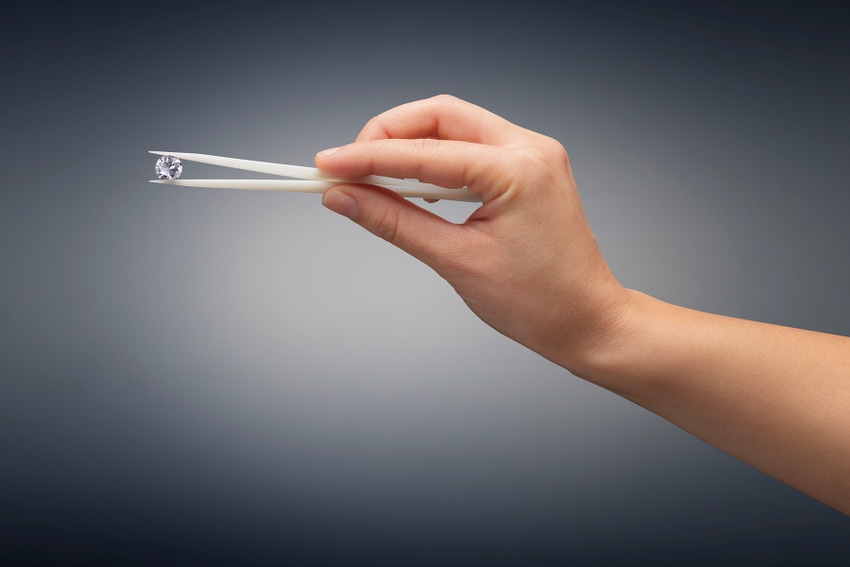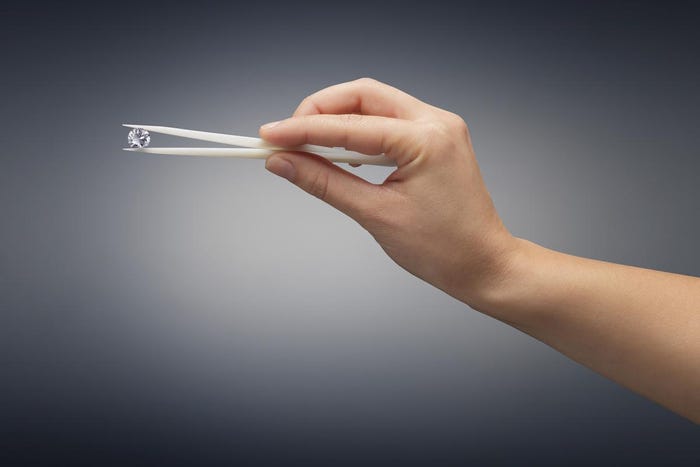Stratasys develops new 3D printing material simulating polypropylene
The science of developing more and better-performing materials for 3D printing just took another leap with the latest material from Stratasys Ltd, a global provider of 3D printing and additive manufacturing solutions. The company just introduced Endur, an advanced simulated polypropylene material for use with all Objet EdenV, Objet Connex, Objet500 Connex3 and Objet 30Pro 3D printers.
April 14, 2014

The science of developing more and better-performing materials for 3D printing just took another leap with the latest material from Stratasys Ltd, a global provider of 3D printing and additive manufacturing solutions. The company just introduced Endur, an advanced simulated polypropylene material for use with all Objet EdenV, Objet Connex, Objet500 Connex3 and Objet 30Pro 3D printers.
 As a durable and flexible addition to Stratasys' growing materials portfolio, Endur offers both high impact resistance and elongation at break, resulting in tough parts. The material also has a heat-deflection temperature up to 129oF/54oC, and has excellent dimensional stability for its material class, said the company's information.
As a durable and flexible addition to Stratasys' growing materials portfolio, Endur offers both high impact resistance and elongation at break, resulting in tough parts. The material also has a heat-deflection temperature up to 129oF/54oC, and has excellent dimensional stability for its material class, said the company's information.
These properties make the new material suitable for a wide range of form, fit and assembly applications including flexible living hinges, moving parts, and snap-fit parts such as those used for lids and packaging case applications. Endur is available in bright white, and features an excellent surface finish for a smooth look and feel, said Stratasys making the material suited for prototyping household appliances, consumer goods, automotive parts and lab equipment.
"Beta field trials showed high user satisfaction with Endur for models and prototypes of polypropylene parts," said Fred Fischer, Stratasys' product director for materials and applications. "During Beta testing, customers testing Endur acknowledged its toughness and flexibility, and they believed the material would address future needs. Due to Endur's excellent simulated polypropylene properties, testing customers were able to address a variety of applications, including moving parts, snap-fit components and small cases and containers."
About the Author(s)
You May Also Like




